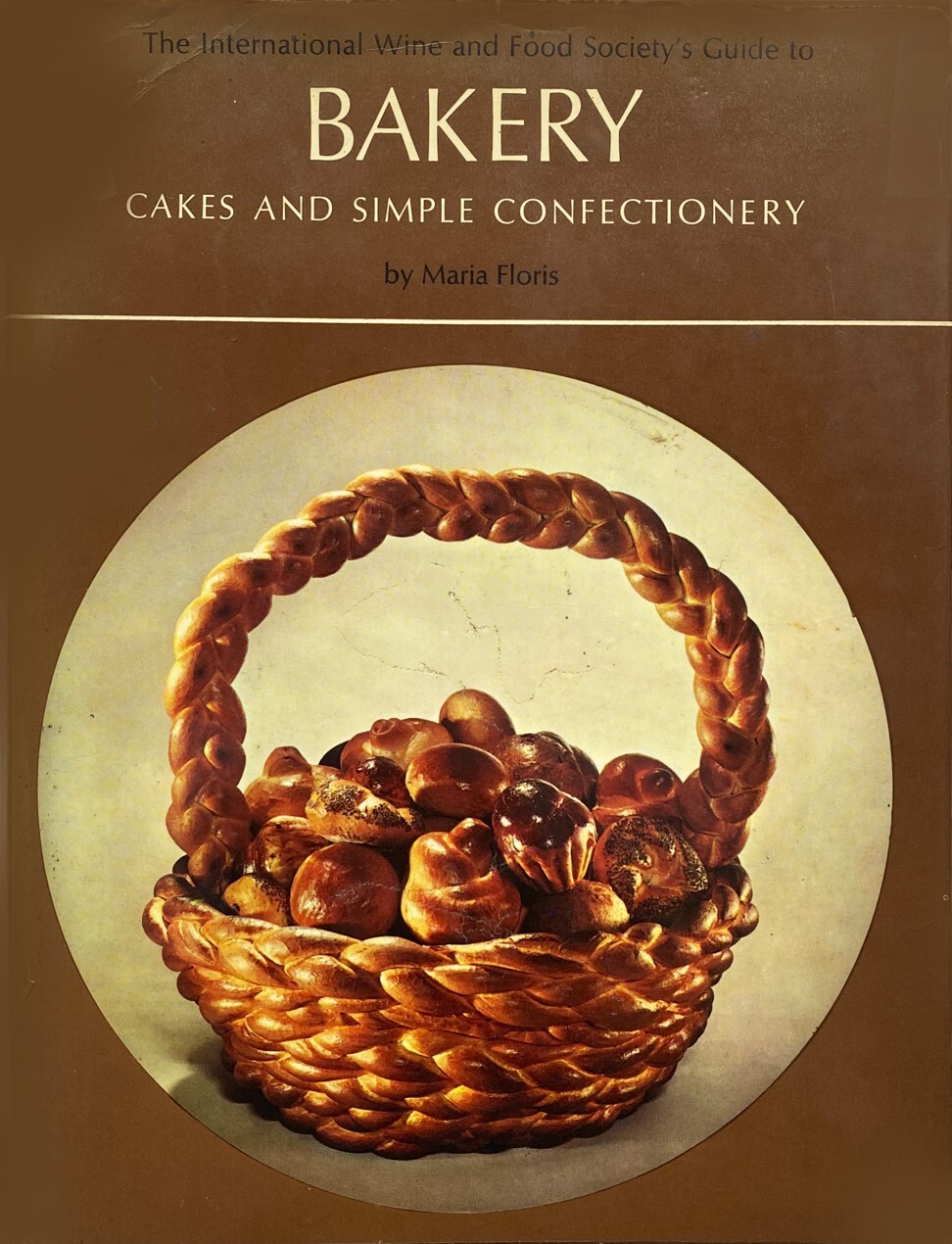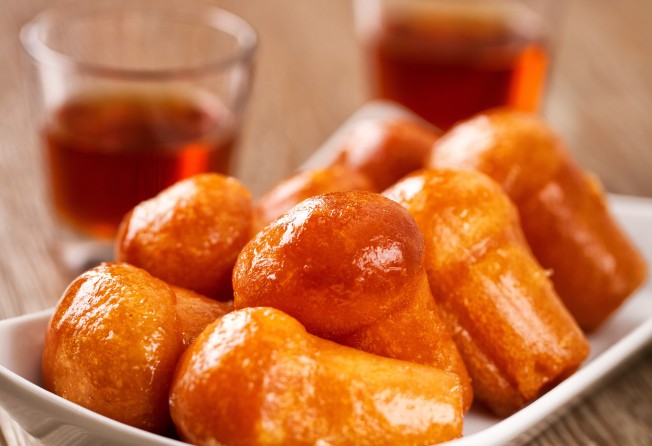
Maria Floris baked cakes for Winston Churchill, but her recipes were designed for ‘even the greatest simpleton’
- Hungarian pastry chef Maria Floris opened a bakery in 1930s London that catered to Britain’s upper class
- But her book Bakery – Cakes and Simple Confectionery was written with everyone in mind

Hungarian pastry chef Maria Floris sounds as if she was a very charming woman, if her “voice” in the International Wine and Food Society’s Bakery – Cakes and Simple Confectionery (1968) is anything to go by. There’s little to find online about Floris, who moved from Budapest to London, where she opened a bakery and pastry shop in 1939, and who died soon after the publication of this book. But in its introduction, and throughout its pages, she reveals small, interesting details about herself and her famous clients.
“After writing my first book [Cooking for Love, 1959], and this surprised me that it was a success, I began writing again, but my husband, my partner, my friend, died and I lost heart and nerve. I know time and work are most wonderful healers and the next best thing perhaps is vanity. I had to look right; I had to keep up my home, my household, just as I had done before.
“When later, the Editor to the Wine and Food Society wrote that he and Monsieur André Simon would interest themselves in my writing again, I was rather interested, more excited and a little bit frightened. My new Editor issued a challenge to me just very casually, that I write a book – only 70,000 words – about bread, buns, rolls, any yeast pastry or cake, cakes, petits fours, mignons, gâteaux – anything to do with flour confectionery, and of course, if I would, some easily-made sweets.
“But the book should be written in such a way that even the greatest simpleton like him could understand. How easy it is to say a few sentences like these. Nobody on earth would believe how very difficult it is to explain sometimes, for me at least, the simplest things, and I am sure I am not quite clever enough to write a book which simpletons could understand.”

In the chapter on cakes, Floris writes: “I think, in my whole life nothing has given me so much pleasure as to plan and make cakes for Sir Winston Churchill. These cakes have given me the unearned reputation of being able to design just the right birthday cake for anybody. That is not true. He gave me the ideas for his own birthday cakes from his very varied activities.
“My favourite was a cake in the form of a spiral, decorated with 32 models of his famous hats. I suppose it is very wrong on my part to call that cake a masterpiece, that is if we can call a cake a masterpiece at all, but I do, and I do more. I called it ‘Churchill’s life story in hats’.”
Later, in the same chapter, Floris mentions making wedding cakes for other famous clients: Countess Esterhazy, the Duke of Bedford (“The cake was unbelievably beautiful. The Duke brought me a sample of a rare lily, a fresh flower, which was a beautiful specimen. Only ours made of sugar looked even better”), the duke’s son, and Princess Margaret.
Fortunately, the recipes in Cakes and Simple Confectionery are not as intricate as those special birthday and wedding cakes; many are quite simple and, surprisingly, quite international – not just from Hungary or Britain. They include banbury cakes, ginger cake, many recipes for scones (which have their own chapter), potato bread, wholemeal bread, brioche, cheesecake, madeira cake, hot chocolate gâteau, rum baba, bakewell tart, madeleines, strudel, florentines and stollen.